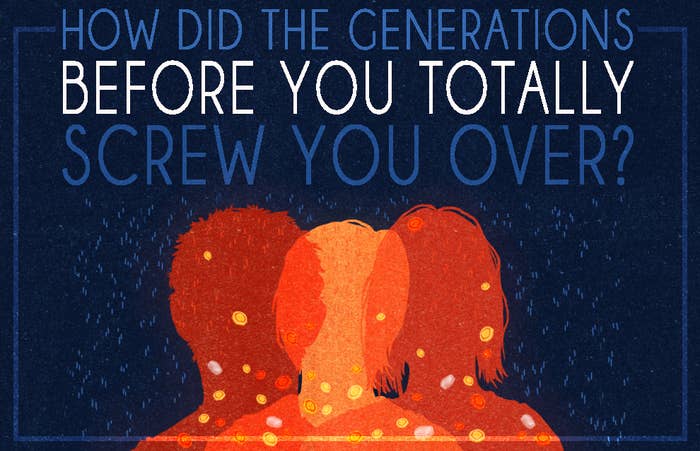

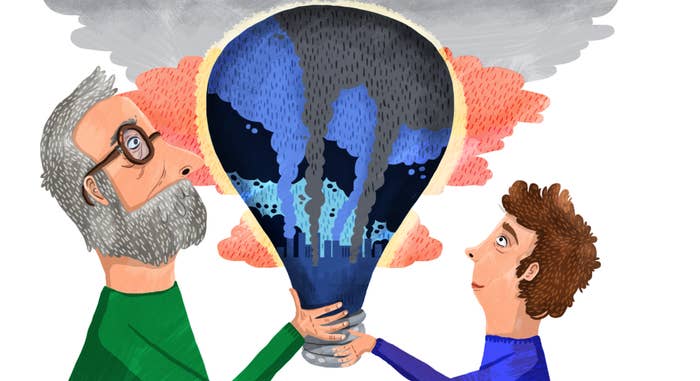

Australian boomers had it much easier than Generation Y when they were moving into adulthood, and now they're fighting to hoard all the things that made their lives easier from the next generation. The biggest one is housing affordability. Forty years ago, the average Australian home cost four times the average annual wage. Today it costs 12 times the average annual wage. One of the worst ways housing is made unaffordable to young people is negative gearing, which allows a homeowner to deduct rental losses on investment properties. This allows older investors to buy up properties then write off their losses, meaning they keep buying and buying, pushing up housing prices and making it impossible for young people to break into the market. Last year the median price for a Sydney home hit $1 million AUD (about $748,000 USD). This in turn creates issues with rental availabilities, pushing up rents and making it even harder for a young person to save for a deposit. Basically, we're fucked and we'll never buy a home.
—Rob, news editor for BuzzFeed Australia

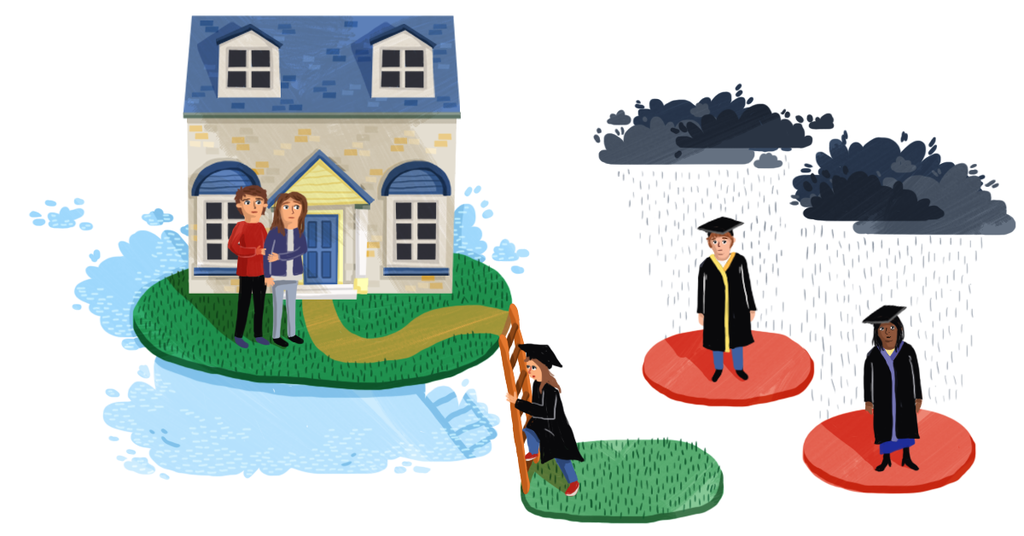

Basically, the previous generation of Russians screwed people like me by not taking an active part in the country's political life. Some people contributed to the fall of the USSR, but then rather than put more pressure on the political system and keep it rebuilding Russia as a democratic country, most people of the previous generation just tried to live their regular lives and survive with basic needs. Soon enough, young Russian democracy got screwed, conservative people took over, and elections started to become fake. By the time our generation entered high school and university, this change was almost complete and we ended up with Putin's Russia, which is monolithic in its corruption and political repression. I understand it's not easy to stand up against your own government, but the '90s in Russia were so bad and cruel and full of misery. But no revolt or protest happened. People just watched their newly appreciated freedoms being taken away again and said nothing.
—Victor, staff writer for BuzzFeed Russia

Baby boomers in America screwed up everything, basically. They were born during a time of huge prosperity and ran rampant. They ruined our housing market, allowing American banks in the '80s and '90s to rack up more and more toxic debt. And when the Great Recession finally exploded in 2007, baby boomer politicians just gave baby boomer bankers bailouts, letting the rest of us fend for ourselves. They completely divided our government. Whether it's on the left or the right, our parties can't and won't work together on anything. They created an economic culture where you need a college degree at the very least to get an entry-level job, so young Americans are forced into expensive colleges they can't afford, and end up thousands of dollars in debt. Let's not even get into what they've done to the environment or the billions of dollars they spent fighting needless wars overseas. Then they have the audacity to write think pieces about how we have no direction and need constant validation. It's called anxiety and you'd have it too if you got to your early twenties and realized everything in your country was totally fucked.
—Ryan, deputy global news director for BuzzFeed News


Man, this is a heavy question. Can I say if I have chance, I'd actually like to forgive them all for whatever they screwed me on? I'm from China, and the previous generation were forced out of school (aka the Cultural Revolution, 1966–76), they had nothing to eat (aka the Great Famine), and many of them spent their entire youth in remote areas doing labor work for the nation. They were the generation that got screwed up. It hurts even to think about it.
—Beimeng, reporter for BuzzFeed News

Our parents really just wanted us to conform as much as possible. Part of me understands; my parents have seen military coups happen and have even lost some friends who got killed in shootouts. My dad has told me a story of him walking down the street with his friend, realizing his friend wasn't behind him, turning around, and seeing that he was lying on the ground, shot. So my parents pushed us to be as apolitical as possible so we wouldn't get in trouble. Just going with it and "not making trouble" was the way they looked at it, but I think it really made things worse because it detached the youth from the political process — though recent political developments have definitely brought many young people back into the fold. They stifled creative pursuits in many ways — success meant stability for them, and that meant being able to own your own business. We were pushed to be engineers, lawyers, doctors. That's what success meant. Do your military service, get a good, stable job, marry young, get a house and a car! Security trumped satisfaction in many instances, and I think it created many unhappy, underemployed people feeling trapped.
—Alp, product support specialist for BuzzFeed
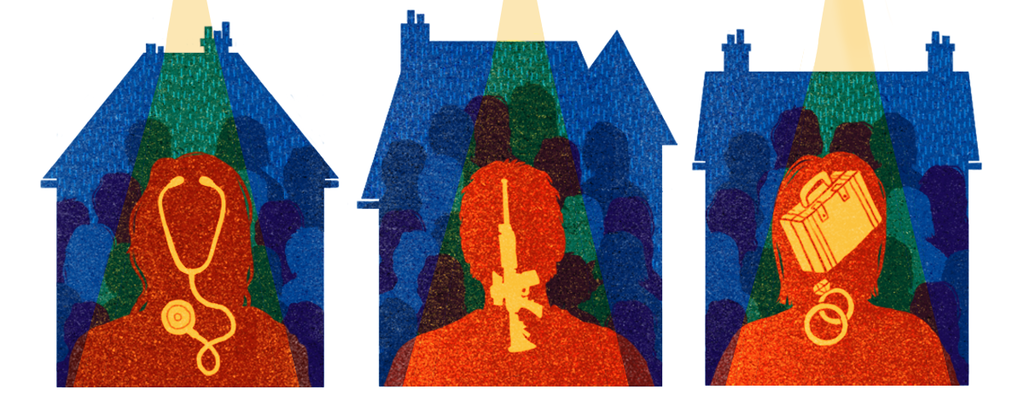

I grew up with the very rigid idea that homosexuality is a social evil. One of the strongest reasons I believed it was because my parents fed the idea into my head. I despised gay people for a good part of three years and had a very skewed idea of how men should behave. It took me a lot of conscious hard work as an adult to teach myself that my parents' morals were outdated and to relearn how to think as an unbiased, decent human being. Sexual preference is such an important part of personal freedom, and I think learning to understand that it is a completely open, free choice should be something that's taught at a very young age. It's easy to brainwash a kid. It's something that continues to happen with kids even today. They grow up with a huge bias against parts of society just because their parents happen to have a bias. I hope that's something that won't affect my generation.
—Sumedh, head of video production for BuzzFeed India

There are a couple of things that are quite disturbing. First, the global crisis hit Spain really hard and our unemployment rate has been above 50% among people under 25 years old. That is related to something that we can truly blame our parents for: the obsession with university degrees. There was this feeling that you had to go to college to be somebody, and that led to many people doing not what they wanted to, but what they felt they had to do instead. There is also the fact that at some point, everyone in our parents' generation started thinking that you had to have a house or property. Everyone started buying houses, thus making them more expensive, while, at the same time, our parents started getting mortgages. Now, after the economic crisis, houses are still too expensive for young people to buy, but the rents are also incredibly high, so it is quite normal for people under 30 years to still live with their parents.
—Guillermo, editor of BuzzFeed Spain


I'm frustrated by how narrow the terms of political debate are, largely driven by the generation that came before mine — which still holds the most power. Young people have huge challenges that could make us the first generation in Canada in a long time to be worse off than our predecessors. Finding meaningful work, making cities livable and affordable, and fighting climate change are THE big issues facing us, but what we hear instead are a lot of boring, safe ideas that only ever tinker at the margins. This may appeal to the boomers but it leaves scores of young people feeling frustrated, alienated, and uninspired.
—Ishmael, reporter for BuzzFeed Canada

Relying too much on oil production. Our economy is about to collapse because of that. Our economy has been having a really difficult time ever since the Mexican oil boom in the '70s. President López Portillo once said, in a now-infamous line, "We must get used to managing abundance." So the Mexican economy relied mostly on oil production, with only one oil/gas company: Pemex. That led to a gigantic gasoline monopoly with all of its cons: corruption, nepotism, and an aging company that struggles to keep up with the market. Now the infrastructure is obsolete, they can't compete in a free market, and with oil prices collapsing all around the world, the future looks grim for the Mexican economy.
—Javier, editor and founder of BuzzFeed Mexico

I am considered a person from a "yutori" generation, aka "pressure-free" generation. And people who have created this generation have screwed us up. Many tell us our generation is useless, but the previous one created an education system that made people rely heavily on cram schools (schools that teach children how to pass entrance exams and tests), and not just regular schools. They've attempted to make us become very independent and unique, but have they been successful in accepting people who stand out? I don't think so. I feel what the previous generation aimed to teach us was that being global equals being able to speak English. Being global isn't simply about speaking English.
—Eimi, reporter for BuzzFeed Japan
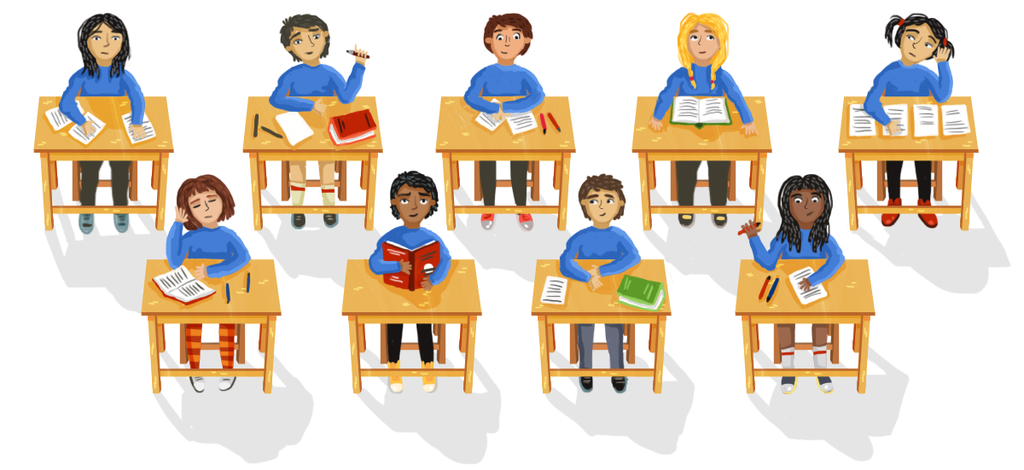

In my view, the biggest way previous generations have messed us up is in regards to the prevailing thinking that militarism is the solution to all governance questions. Uganda has not witnessed a peaceful transfer of power from one leader to another since independence in 1962. There is a cemented belief that to achieve political power and hold on to it, one has to be part of the military. This is something that can be traced back to 1966, when the military first got involved in politics. The current leader, Gen. Museveni, has been in power for 30 years, and over 70% of the population was born during that time. He occasionally dons military attire to drive the point home that it is the gun that brought him to power and the gun that keeps him there. Our politics is therefore very militarized, to the extent that the army is allowed 10 representatives to the parliament. I look forward to the day when power and governance will return to the civilians and the military can focus on defending our borders and ensuring security.
—Allan, journalist and blogger

